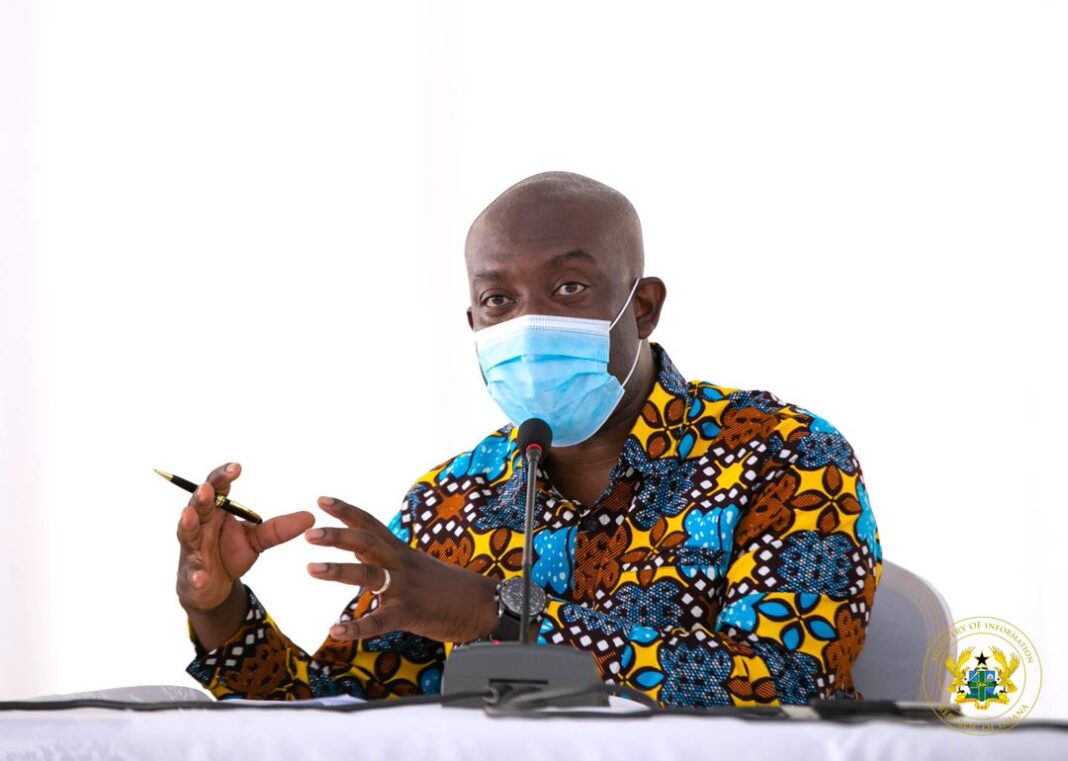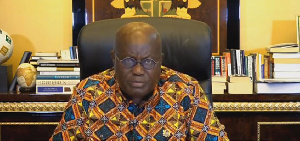EIU report: We’re working to ‘break the eight’ – Oppong Nkrumah

Information Minister Kojo Oppong Nkrumah says the Akufo-Addo administration intends to break the cycle where political power changes every eight years since the 4th republic constitution came to being.
It comes after the Economist Intelligence Unit (EIU) projected victory for opposition NDC in the 2024 elections even though the polls are years away.
“The next parliamentary and presidential elections are due in 2024. Under the
constitutionally mandated term limits, Mr Akufo-Addo cannot run for a third term. Mr Mahama is reportedly considering whether to run again, but we expect the NDC to seek to revitalise its prospects with a fresh candidate.
“After two terms of NPP government, we expect the NDC to win 2024 presidential
election and to gain a small majority in parliament,” the latest report of the firm obtained by Starr News said.
Reacting to the report, the Ofoase-Ayirebi MP told journalists in Accra that the report will be a guiding note for government as it begins its second term.
“We are very much aware of this tendency but we believe that this whole thing were every 8 years even when the country is making progress and power changes hands, it is something that can actually set us back. That is why this administration intends to work very hard to retain the confidence of the people by the time that our second term mandate is done. So that we can break the 8 years cycle.
“So it will ordinarily be a risk but it is phenomenon that we are akin to break and this expectation that every 8 years power changes hands, which is what is informing what they have put out there, is one that we intend to break,” he said.
He said government is putting measures in place to ensure economic growth which will impress the Ghanaian people in the next electoral cycle.
The EIU report also raised concerns over the economic performance of the government.
On the country debt situation, the EIU noted: “Economic structure risk remains CCC-rated. The current-account deficit, which is estimated to have averaged 2.8% of GDP over the past 48 months, is a drag on the score. The country is currently estimated to be in default, following a rise in principal arrears owed to external official creditors in 2018. Arrears will remain substantial, raising the perceived risk of a prolonged default among investors.
Regarding the structure of the national accounts, the services sector is the
largest sector of the economy, accounting for about 45% of GDP”.
Source: Ghana/Starrfm.om.gh





